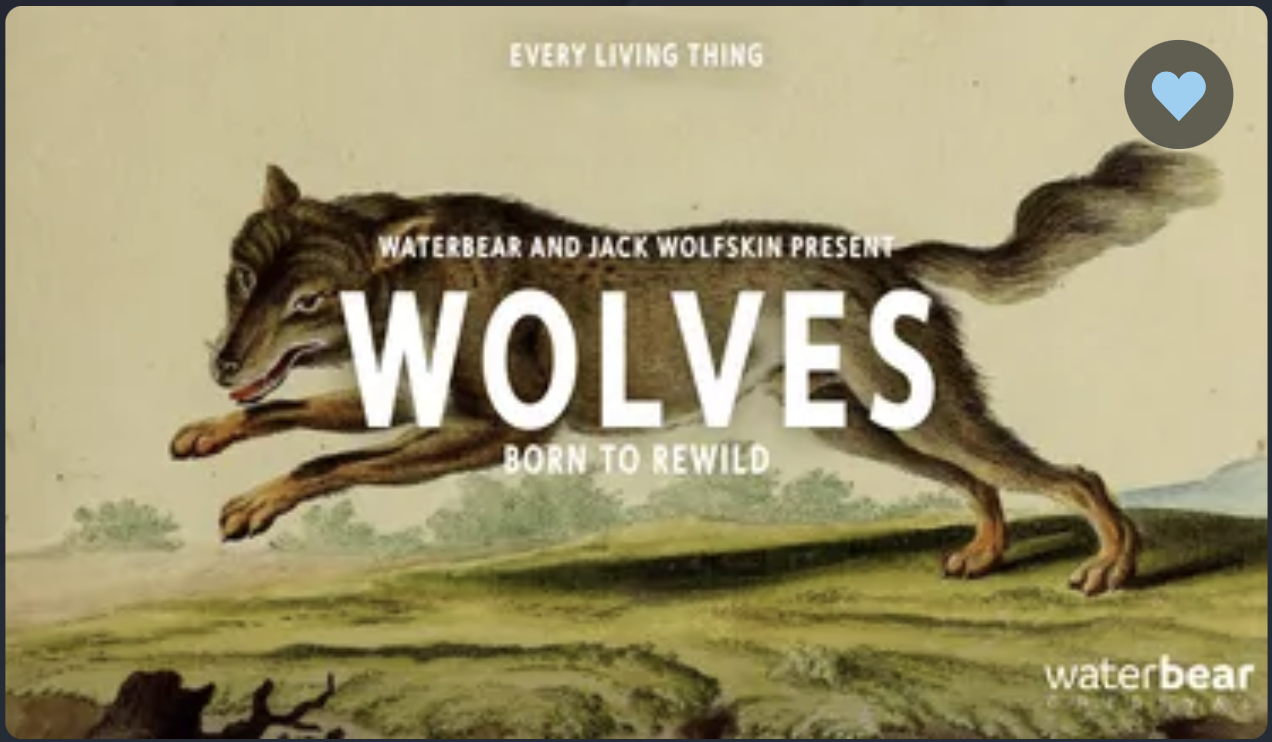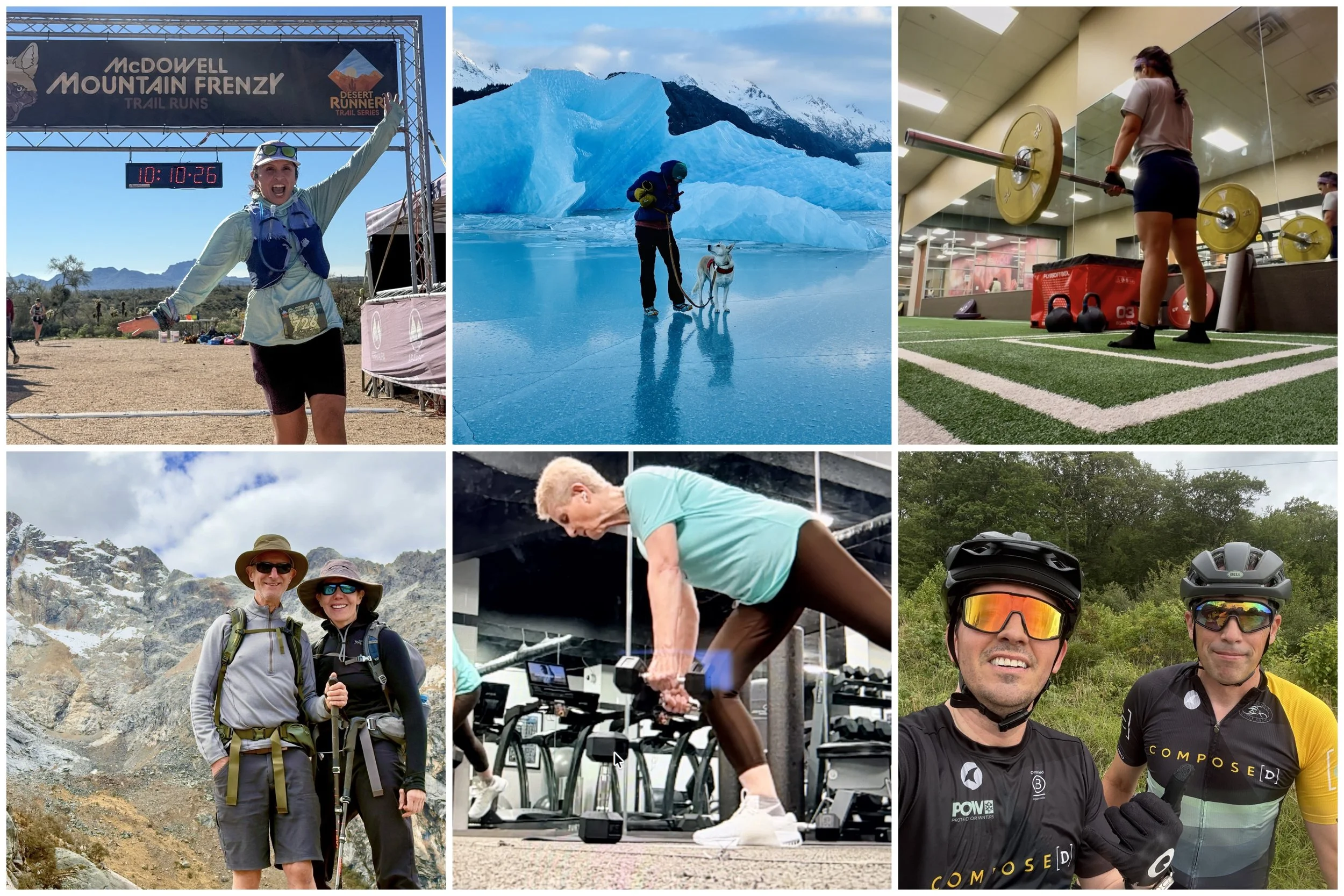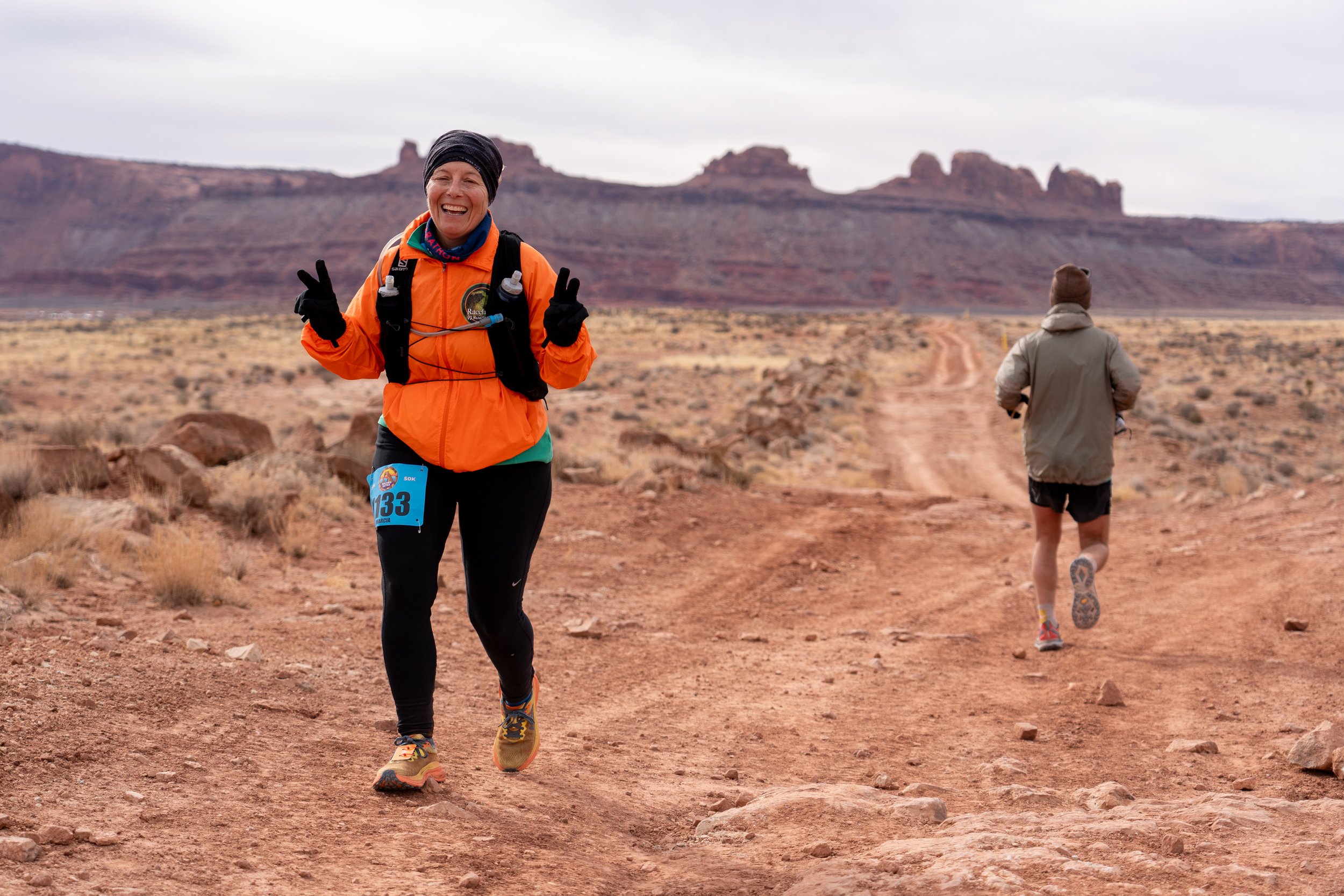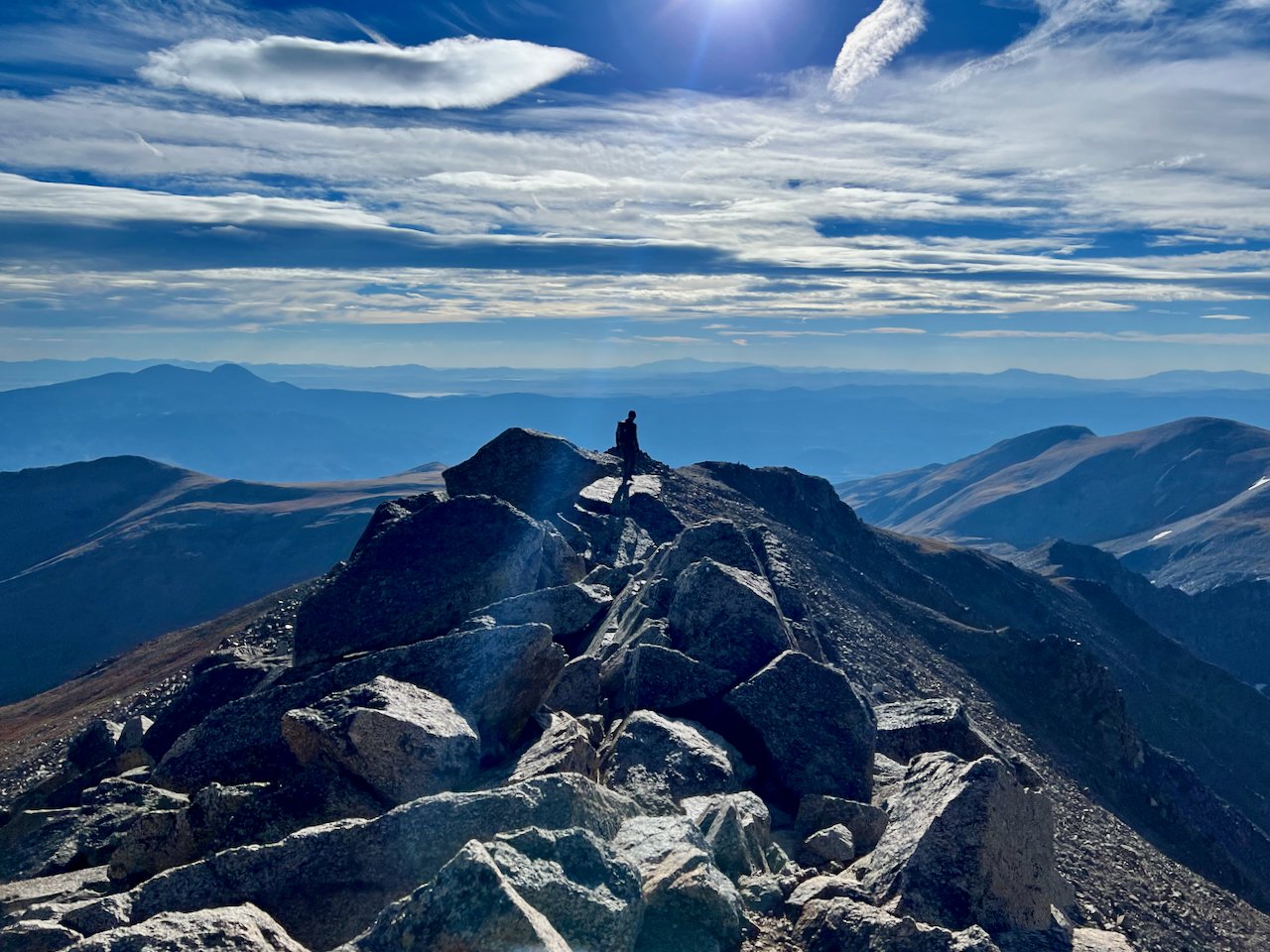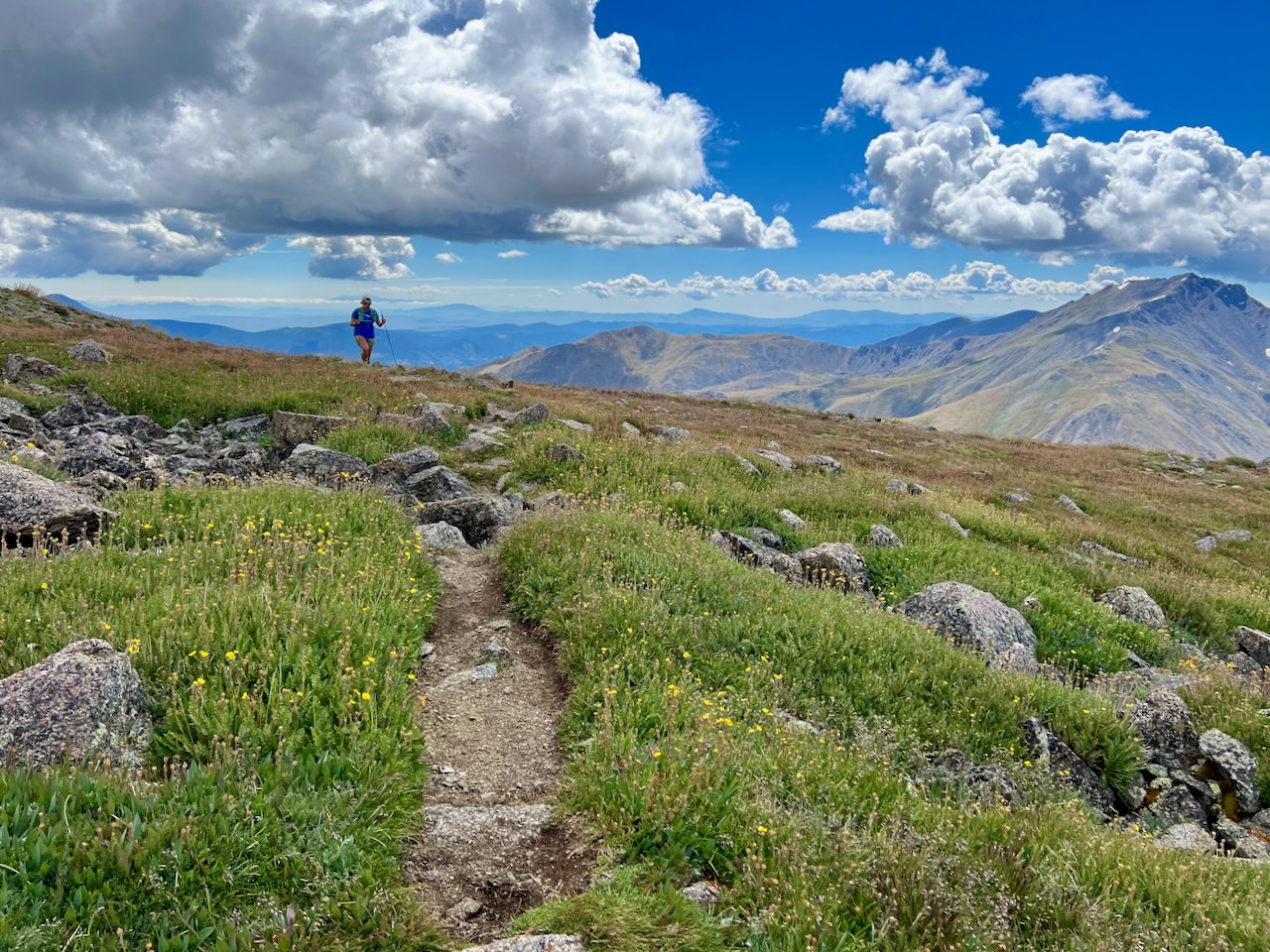Adapting & Regaining Nature as a Partner
UPDATE to the Article Below
Colorado Parks and Wildlife (CPW) captured wolves in Oregon on Dec. 17, 2023 to begin the reintroduction into Colorado. On December 18th, 2023, 5 wolves were released into Grand County, Colorado. The gray wolves were captured in Oregon where CPW veterinarians and biologists evaluated them to determine if they were fit for relocation to Colorado. Criteria for release included the age, sex, health and body condition of each animal.
Each gray wolf was weighed and measured. Staff collected genetic material – tissue and blood samples – before fitting each with a GPS satellite collar for tracking upon release by CPW staff. Then, the wolves were given vaccines and were placed in crates and flown to Colorado for release back into the wild.
Meet Colorado’s new wolves
2302-OR: Juvenile female, black color, 68 lbs., Five Points Pack
2303-OR: Juvenile male, gray color, 76 lbs. Five Points Pack
2304-OR: Juvenile female, gray color, 76 lbs., Noregaard Pack
2305-OR: Juvenile male, black color, 93 lbs., Noregaard Pack
2307-OR: Adult male, gray color, 108 lbs., Wenaha Pack
3/25/23 - Colorado is about to welcome wolves back to the state, and ranchers are worried. Many are already calling for the killing of wolves that have yet to even step foot into the state. At the same time, we are witness and accomplice to a massive loss of life. Homo sapiens represent 1% of living things but are responsible for 83% loss of animals and 50% loss of plants.
As an older baby boomer, I have watched our systems unraveling. I see a decline in natural beauty. Humans are surviving in the short-term by destroying nature, with seemingly little understanding of the long-term predicaments we are facing. We no longer resonate with nature; our partnership is broken. Today we are facing many crises: biodiversity loss, climate, economy, sociopolitical instability, and aridification. Ultimately, these crises will be bad for people, which means we will have to abandon the past anthropocentric system constructed on incorrect and incomplete scientific understanding.
My personal journey is not highly complex, but it offers lessons. Since arriving on these shores as a young immigrant, I had to navigate an environment that was new, frightening, and in flux. Through the school of “hard knocks”, I realized quickly “to be afraid of what you do not know”. In my case, overcoming that fear meant I needed to learn, understand, and adapt to changes. This process proved valuable and guided a successful career in exterior building envelope design and restoration over 45 years. I thrived in business because I accepted that change is the only constant. Somewhat paradoxically, to remain at least constant, you need to change.
Over the last 150 years, wildlife history in the west was written by ranchers. As protagonists in the largest single destruction of wild animals discoverable in modern history, they, aided and abetted by U.S. Department of Agriculture’s Wildlife Services and its predecessors, perpetuated an unimaginable parade of the death of wolves, other predators and many wildlife species arbitrarily classified as varmint or unwanted.
In 1948 Aldo Leopold gave us the philosophical foundation for the ecology movement, an awakening that has been gaining momentum since the publication of “A Sand County Almanac”- biocentrism, which is the recognition that all life matters. Still the ranching community overall, wildlife agencies, game enthusiasts and related associations continue to cling to a worldview that is slowly but steadily eradicating what once was the most magnificent fauna and flora on this planet.
The many crises we are facing are borne out of the multitude of unexamined assumptions. These crises are compounding and converging given the continued refusal to accept and assimilate new knowledge.
Adaption and new knowledge will be key to overcoming these crises. $44 trillion or approximately one-half of global GDP is dependent on the natural world and biodiversity. The direction is clear, we need to invest in the future instead of clinging to misinformation and a cliché-filled past. We need to close the chapter in America’s history book entitled “felling, farming, pumping, mining, and exterminating”. We need a new chapter, a new destination that recognizes the ancient centrality of predators in the biotic community, nature as a living legal entity with intrinsic value. Colorado ranchers can and must adapt to a new morality, a new destination. Reaching this destination, staying viable requires understanding and preparation.
Rainer volunteers at the Colorado Wolf & Wildlife Center in Divide, Colorado.
This new chapter is already being written by members of the ranching community that have adapted. They are leaders in what a future of biocentrism can look like. These pioneers are spearheading changes in livestock husbandry practices given current and anticipated changes in food practices, health risks associated with eating too much meat and dairy, scarcity of water, the need to restore riparian systems and soil and reduce greenhouse emissions, pesticide use and antibiotic resistance. They are supporting voluntary grazing retirement permits (for which a program was introduced as federal legislation last year and needs to be reintroduced). They are encouraging the flow of animal movement across a heterogeneous landscape by creating a permeable landscape through fence removal and conversion to wildlife-friendly fencing.
Why should the ranching industry emulate the pioneers of their community? Why should the industry adapt?
The answer is simple: to stay viable, protect the biosphere, and regenerate ecosystem health and function for this and future generations. The ranching community faces disruption in a time of rapid changes. Change is not only a will or a can, but also a must decision and it requires courage. With an open mind, the ranching community can find the courage to drown out the age-old political monotone of willful ignorance and misinformation. We are all passengers on this magnificent vessel and, although we are not in control, we can thrive if we adapt and regain nature as a partner.
Related Links
Beyond Lethal to Compassionate Conservation PDF section 10(j)
How Does Livestock Farming Affect Climate Change - Sentient Media
The hired gun of the livestock industry - The Spokesman Review
U.S. Wildlife Services Killed Over 1.75 Million Animals in 2021
Predator friendly ranching AKA how to live with wolves - Medium
“Cattle Ranching is Actually Terrible for Biodiversity” - Sentient Media
